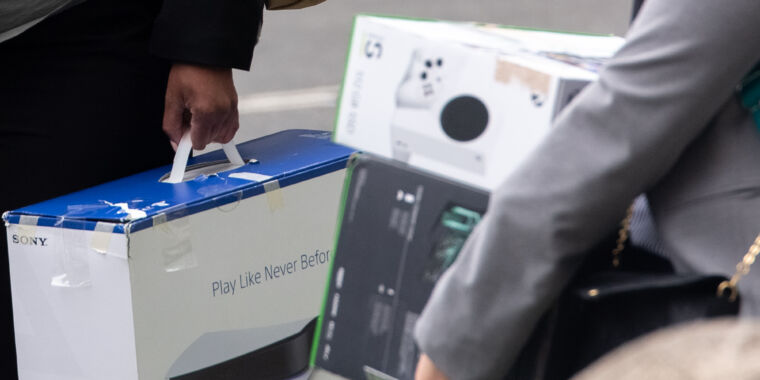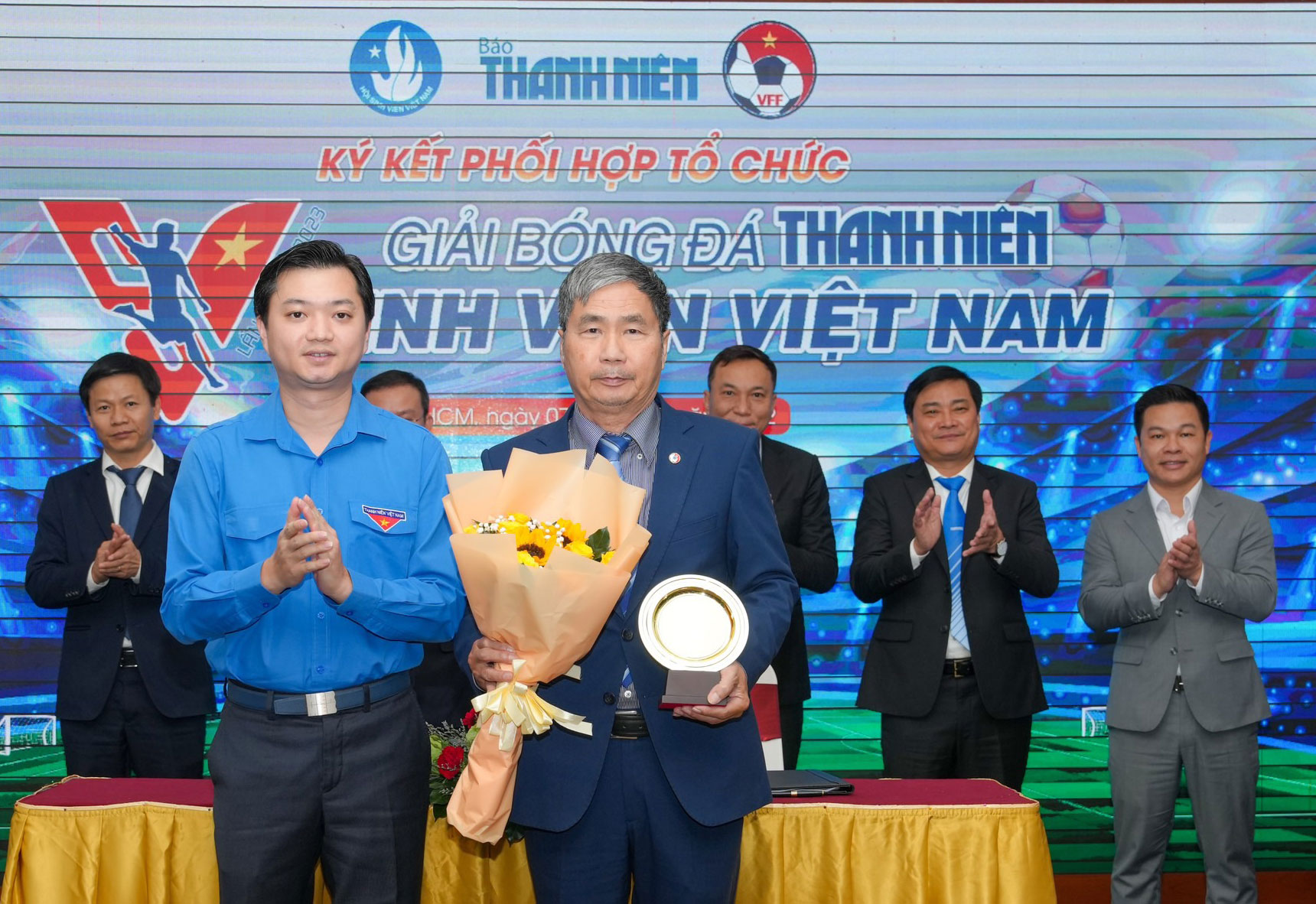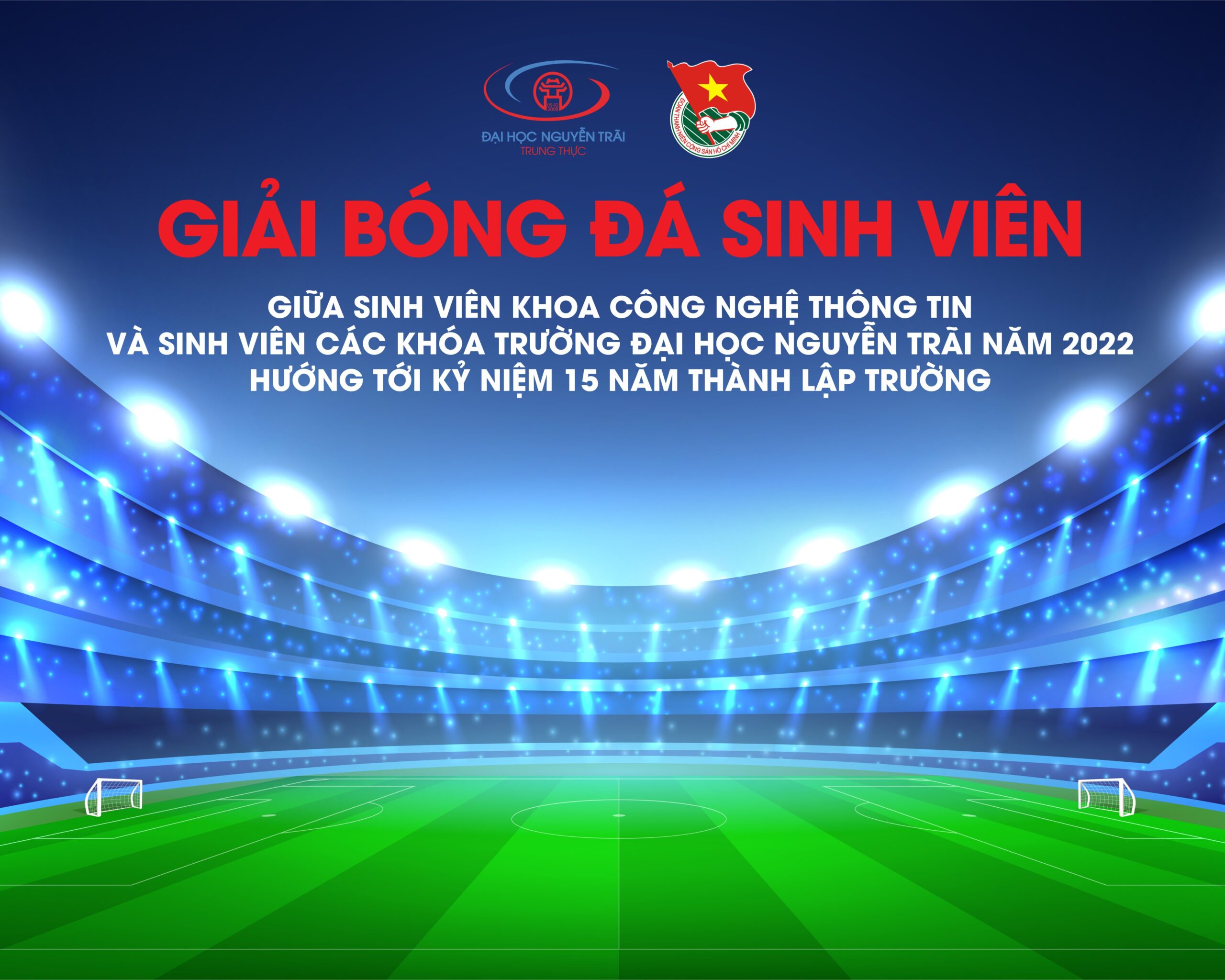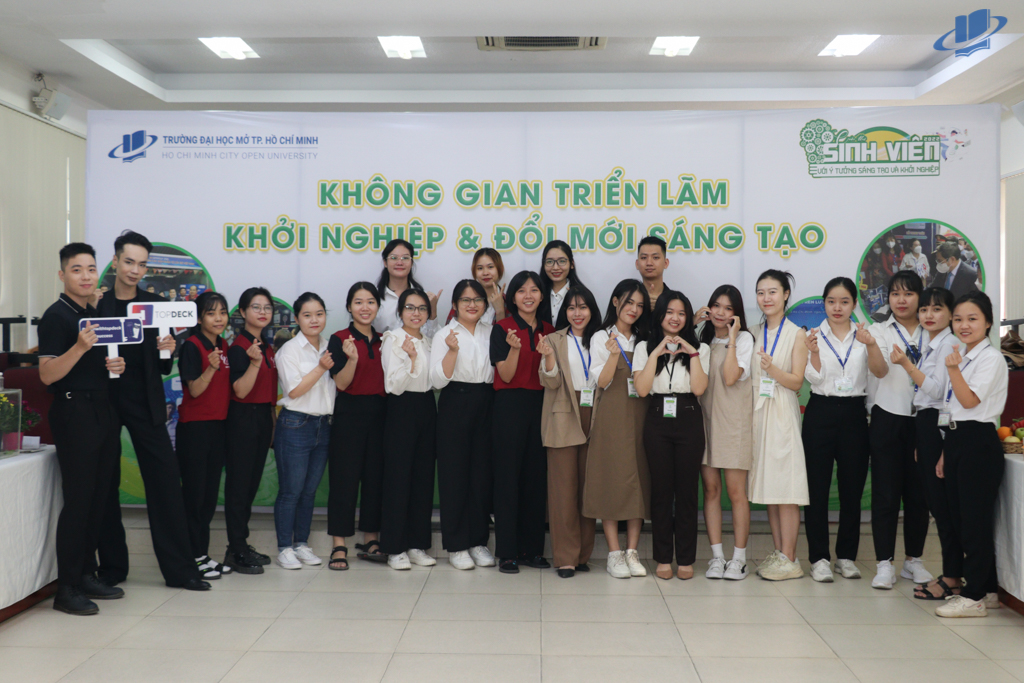FTC Challenges Court Ruling On Microsoft's Activision Blizzard Purchase

Table of Contents
The FTC's Arguments Against the Merger
The FTC vehemently opposed the merger, citing several key concerns about its potential impact on competition within the gaming market.
Concerns about Market Domination
The FTC's primary argument centers on the potential for market domination. They argued that Microsoft acquiring Activision Blizzard, a major player with highly popular franchises like Call of Duty, would give Microsoft an unfair competitive advantage.
- Increased Market Share: The merger would significantly increase Microsoft's market share in the gaming industry, potentially leading to monopolistic practices.
- Exclusion of Competitors: Microsoft could leverage its ownership of Activision Blizzard to exclude competitors from accessing popular game titles, particularly Call of Duty, which is a major draw for many gaming platforms.
- Pricing Power: With increased market share, Microsoft could potentially raise prices for games or gaming services, harming consumers. The FTC argued that removing Call of Duty from competitors' platforms would significantly alter the competitive landscape.
The FTC presented extensive evidence, including internal Microsoft documents, to support its claims of potential anti-competitive behavior following the merger.
Impact on Game Subscriptions and Cloud Gaming
Beyond console gaming, the FTC expressed concern about the impact on the burgeoning subscription and cloud gaming markets. Microsoft's integration of Activision Blizzard titles into its Xbox Game Pass subscription service, the FTC argued, could stifle competition.
- Competitive Disadvantage for Rivals: Rival subscription services like PlayStation Plus and cloud gaming platforms like Google Stadia would be at a significant disadvantage, lacking access to popular Activision Blizzard titles.
- Reduced Innovation: The FTC worried that reduced competition could lead to a decrease in innovation and the development of new games and gaming technologies.
- Potential for Exclusive Content: Microsoft could make Activision Blizzard titles exclusive to Xbox Game Pass, hindering the growth of competing subscription services and platforms.
The FTC's concern stems from the potential for Microsoft to leverage its already strong position in the gaming market to further consolidate its power, ultimately limiting consumer choice.
The Court's Decision in Favor of Microsoft
Despite the FTC's arguments, the court ruled in favor of Microsoft, allowing the acquisition to proceed.
Key Reasons Behind the Ruling
The court's decision hinged on several key factors:
- Market Definition: The judge seemed to disagree with the FTC's definition of the relevant market, suggesting that the gaming market is far more diverse and competitive than the FTC portrayed.
- Lack of Convincing Evidence: The court seemingly found that the FTC's evidence did not convincingly demonstrate that the merger would substantially lessen competition. The judge indicated that the evidence presented did not support claims of market domination or anti-competitive practices.
- Concerns about Precedent: The judge may have also considered the potential implications for setting legal precedent regarding future mergers and acquisitions in the tech industry.
The ruling included detailed reasoning that challenged several of the FTC's key assertions.
The Legal Precedents and Implications
This ruling sets a significant legal precedent, especially in the context of mergers and acquisitions in the rapidly evolving technology sector.
- Burden of Proof: The case highlights the significant burden of proof required for the FTC to successfully block a merger on antitrust grounds.
- Definition of Relevant Markets: The ruling underscores the importance of carefully defining the relevant market in antitrust cases, especially in industries characterized by rapid technological change and evolving business models.
- Future Mergers and Acquisitions: The outcome might influence how future merger proposals in the tech industry are reviewed and potentially lead to more leniency toward large acquisitions.
The legal analysis in this case is complex and has significant implications for future antitrust enforcement.
Potential Next Steps and Outcomes
The legal battle is not necessarily over.
Appeal Process and FTC's Options
The FTC has the option to appeal the court's decision. An appeal would involve:
- Filing an Appeal: The FTC would need to file an appeal with a higher court, presenting further evidence and legal arguments.
- Review of the Ruling: The appeals court would review the lower court's decision and the evidence presented.
- Potential Outcomes: The appeals court could uphold the lower court's decision, overturn it, or remand the case back to the lower court for further consideration.
The likelihood of a successful appeal is uncertain, but the FTC may believe they possess stronger evidence or arguments that were not fully considered in the original case.
Impact on the Gaming Industry and Consumers
Regardless of the outcome of a potential appeal, the merger will have significant implications for the gaming industry and consumers:
- Game Prices: The merger could potentially impact the pricing of games, either positively or negatively, depending on Microsoft's strategies.
- Innovation: The merger's impact on innovation is debated; while it might lead to more investment, it could also stifle competition and limit innovation.
- Consumer Choice: The long-term consequences for consumer choice remain uncertain, influenced by how Microsoft manages its newly expanded portfolio of games.
The future remains fluid and the outcome will heavily impact how the video game landscape develops in the coming years.
Conclusion
The FTC's challenge to the Microsoft-Activision Blizzard merger represents a critical juncture for antitrust enforcement in the gaming industry. The court's decision, while allowing the acquisition, has sparked debate about market definitions, the burden of proof in antitrust cases, and the broader implications for competition and innovation. The potential appeal by the FTC keeps the uncertainty alive. The impact on game prices, innovation, and consumer choice will become clearer as the situation unfolds. Stay informed on the developments of the FTC's challenge to the Microsoft-Activision Blizzard merger. This is a critical issue that impacts not just major players, but the future of the entire video game market.

Featured Posts
-
 I Mpigionse Se Kayto Tzin Sortsaki I Nea Diafimistiki Kampania
Apr 30, 2025
I Mpigionse Se Kayto Tzin Sortsaki I Nea Diafimistiki Kampania
Apr 30, 2025 -
 Tina Knowles Bushy Eyebrows The Role Of Blue Ivy Carter
Apr 30, 2025
Tina Knowles Bushy Eyebrows The Role Of Blue Ivy Carter
Apr 30, 2025 -
 V Mware Costs To Skyrocket At And T Reports 1050 Price Hike From Broadcom
Apr 30, 2025
V Mware Costs To Skyrocket At And T Reports 1050 Price Hike From Broadcom
Apr 30, 2025 -
 Tyumen Obrushenie Gorki Postradavshie Otkazyvayutsya Ot Pomoschi
Apr 30, 2025
Tyumen Obrushenie Gorki Postradavshie Otkazyvayutsya Ot Pomoschi
Apr 30, 2025 -
 Destination Nebraska Act Proposed New Path For Gretnas Rod Yates Mega Project
Apr 30, 2025
Destination Nebraska Act Proposed New Path For Gretnas Rod Yates Mega Project
Apr 30, 2025
Latest Posts
-
 Nha Vo Dich Dau Tien Cua Giai Bong Da Thanh Nien Sinh Vien Quoc Te Cau Chuyen Lich Su
Apr 30, 2025
Nha Vo Dich Dau Tien Cua Giai Bong Da Thanh Nien Sinh Vien Quoc Te Cau Chuyen Lich Su
Apr 30, 2025 -
 Bong Da Sinh Vien Tran Mo Man Chung Ket Hap Dan Khan Gia
Apr 30, 2025
Bong Da Sinh Vien Tran Mo Man Chung Ket Hap Dan Khan Gia
Apr 30, 2025 -
 Vong Chung Ket Bong Da Sinh Vien Nhung Pha Bong Man Nhan Tran Dau Tien
Apr 30, 2025
Vong Chung Ket Bong Da Sinh Vien Nhung Pha Bong Man Nhan Tran Dau Tien
Apr 30, 2025 -
 Giai Bong Da Sinh Vien Chung Ket Khoi Dau Soi Dong
Apr 30, 2025
Giai Bong Da Sinh Vien Chung Ket Khoi Dau Soi Dong
Apr 30, 2025 -
 Thong Tin Chi Tiet Ve Giai Bong Da Thanh Nien Thanh Pho Hue Lan Thu Vii Va Doi Vo Dich
Apr 30, 2025
Thong Tin Chi Tiet Ve Giai Bong Da Thanh Nien Thanh Pho Hue Lan Thu Vii Va Doi Vo Dich
Apr 30, 2025
